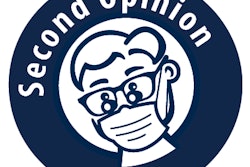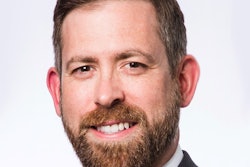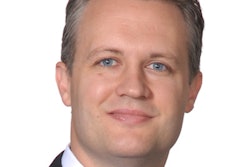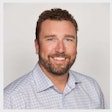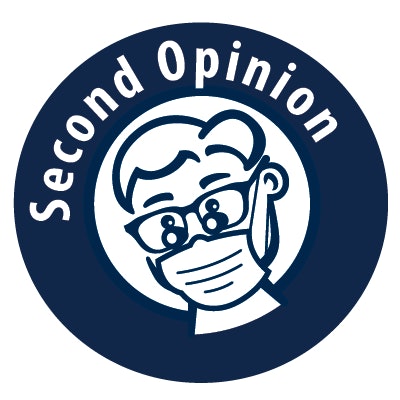
Having worked in both private practice and practices associated with the dental support organization (DSO) model, I can certainly offer a vote of confidence for the DSO model as a move in the right direction for the dental industry as a whole.
DSOs offer the support needed for clinicians to provide quality and comprehensive care to the communities that need them most -- free of the red tape, administrative confusion, and huge costs that all too often act as barriers to providing care.
It's become clear DSOs are making the dental profession more appealing for clinicians, so it's no wonder that over the past six years, the popularity of DSOs has continued to rise. The model isn't just working -- it will likely continue to successfully grow well into the future.
Economic factors support the model
 Alexander Wojtyna, DDS.
Alexander Wojtyna, DDS.Many patients cite finances as a major barrier to dental care. Several facets of the DSO model allow for lower prices. As each practice is supported by a larger, connected organization, the economies of scale are ideal with a DSO, as their practices receive better deals on lab fees and equipment costs as any wholesale buyer would.
For example, denture patients who visit my offices in Glen Carbon and Alton, IL, greatly benefit from our organization's purchasing power as all raw materials needed to fabricate a set of dentures are bought at a significantly discounted rate, specifically the teeth.
This, in combination with financing plans and simplified insurance processes, means less administrative overhead, further driving down pricing.
24/7 support
“Contrary to popular perception, these goals go beyond mere quotas.”
An underreported benefit of having a support organization behind my practice is the additional day-to-day resources available. For example, if a team member were to become unexpectedly ill or resign, a team is in place that can immediately help me find qualified coverage or new team members to join my practice. This allows me to continue operating my office and treating patients without any disruptions.
My peers and I also have vast access to mentors and coaching, as well as a network of business experts to rely on -- forcing us to set goals and ensuring we meet them. Contrary to popular perception, these goals go beyond mere quotas. We also strive to expand so that we can extend care to communities where access is difficult.
Growth as a clinician
Based on my experience, dentists in private practices can, at times, be surrounded by people who will rarely challenge their decisions or push them to be better. Working with a DSO-supported practice ensures our best work through large amounts of data and practice metrics, analyzed objectively for self-reflection to maximize our capabilities and really meet patient needs head-on.
I can review patient satisfaction metrics for my offices in comparison to the larger network, while gauging how and why one office is doing so well, to help better the overall experience for patients and my practice.
Alexander Wojtyna is the practice owner of the Aspen Dental offices in Glen Carbon and Alton, IL.
The comments and observations expressed herein do not necessarily reflect the opinions of DrBicuspid.com, nor should they be construed as an endorsement or admonishment of any particular idea, vendor, or organization.




